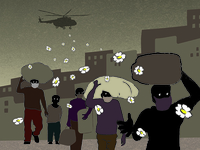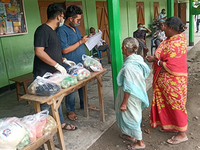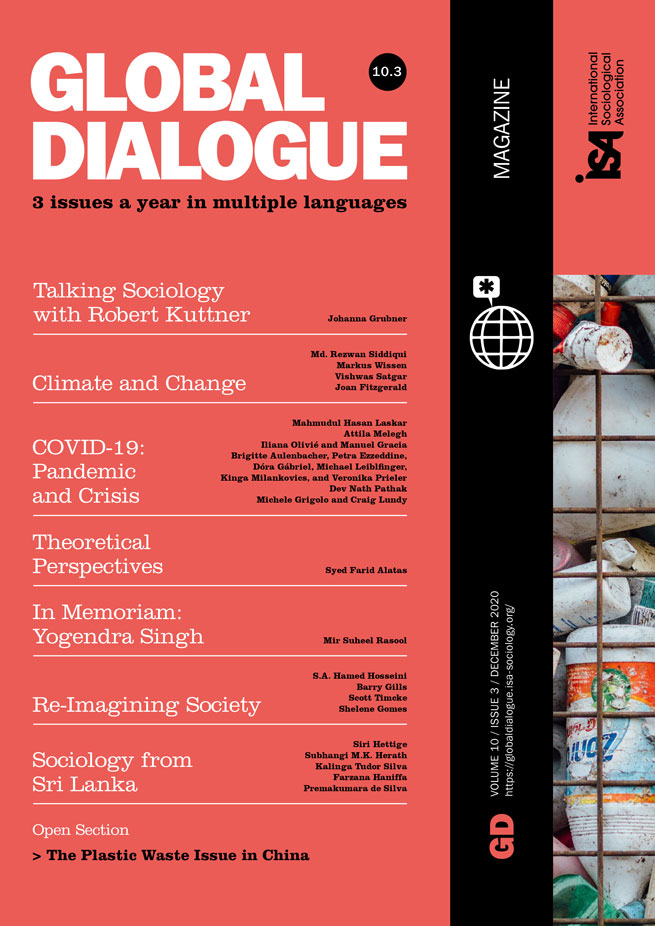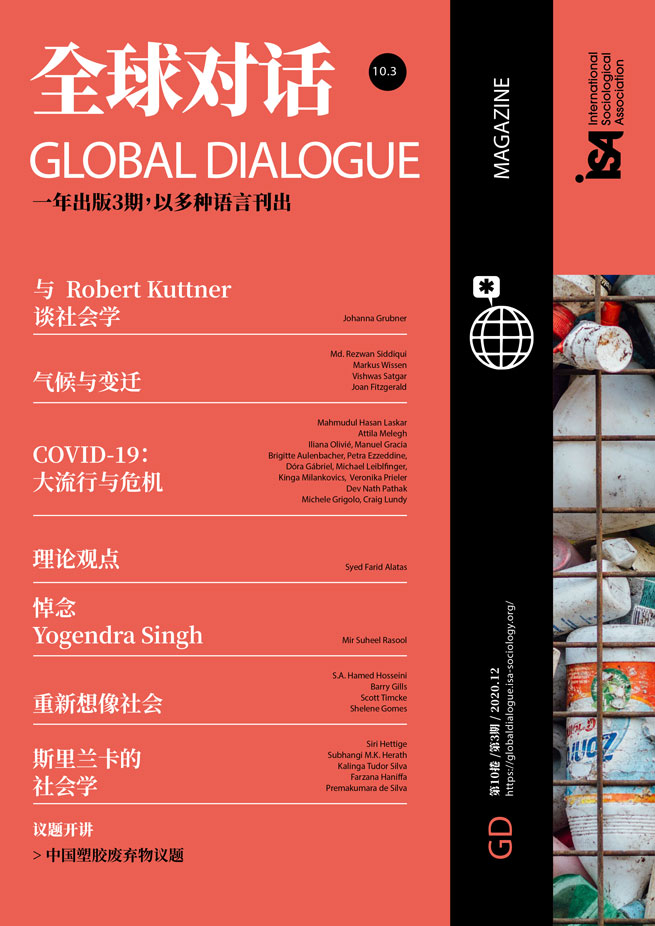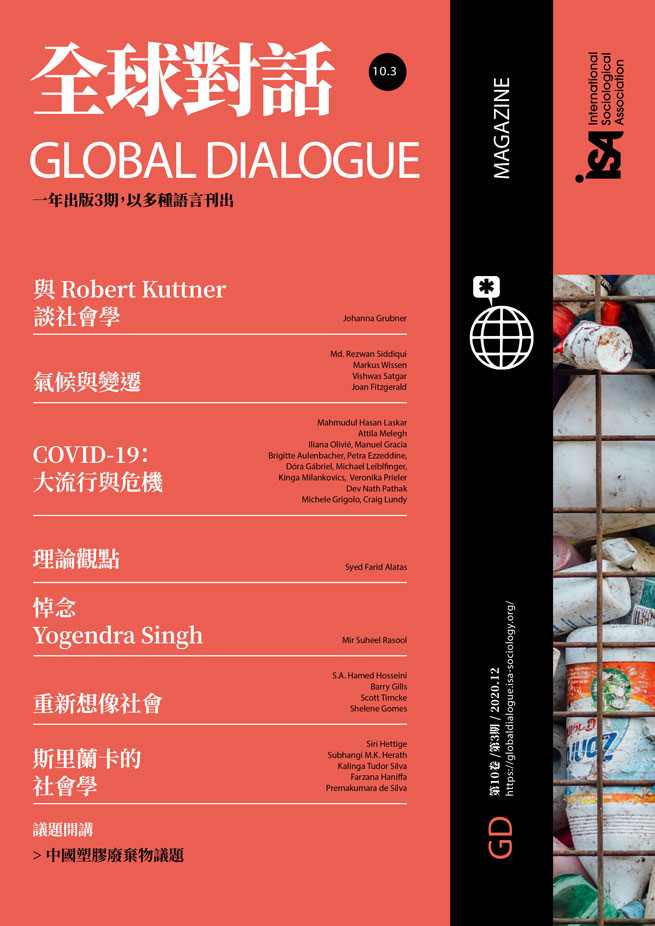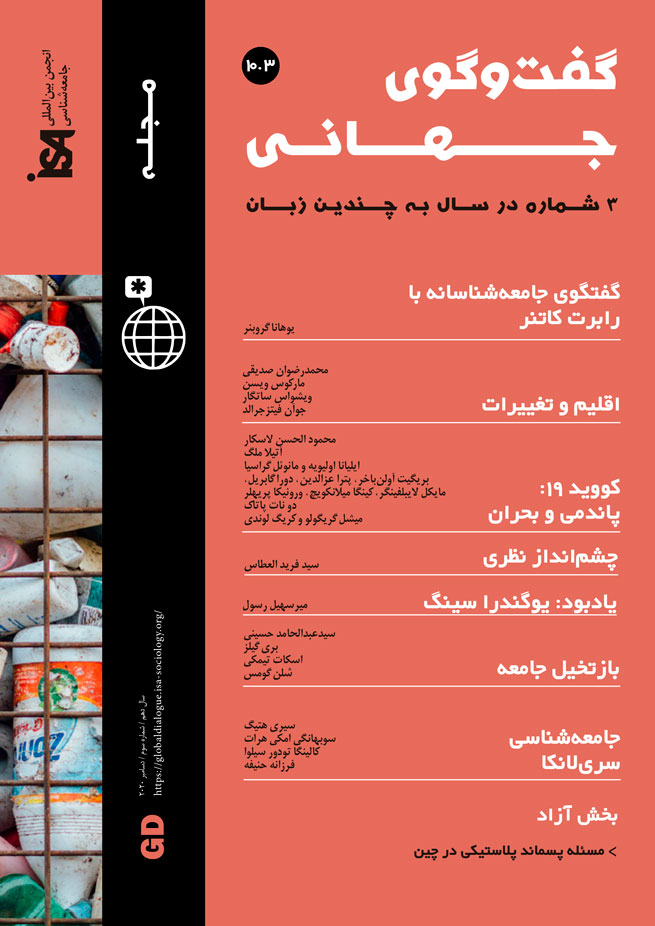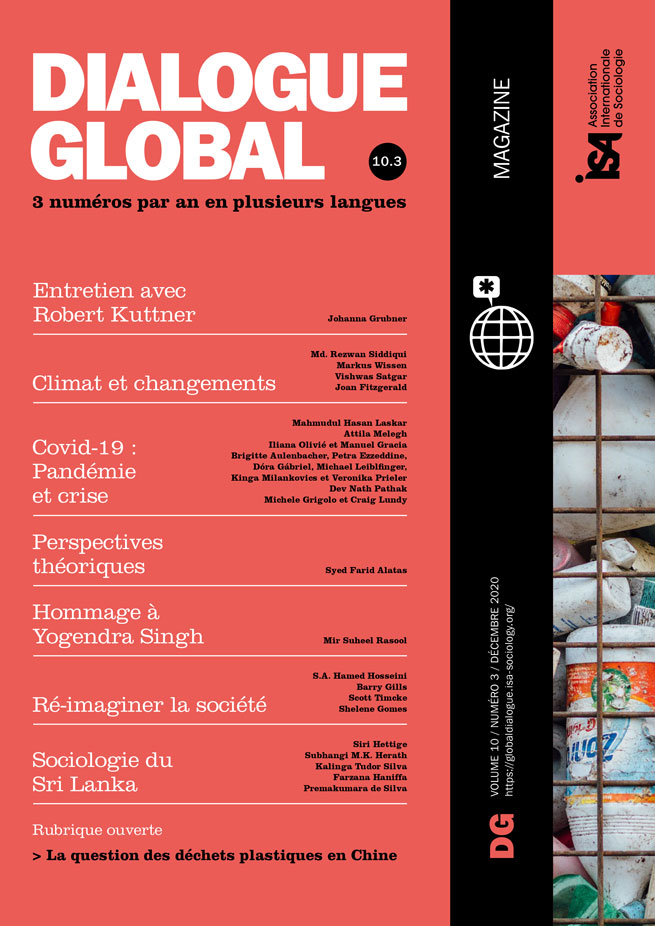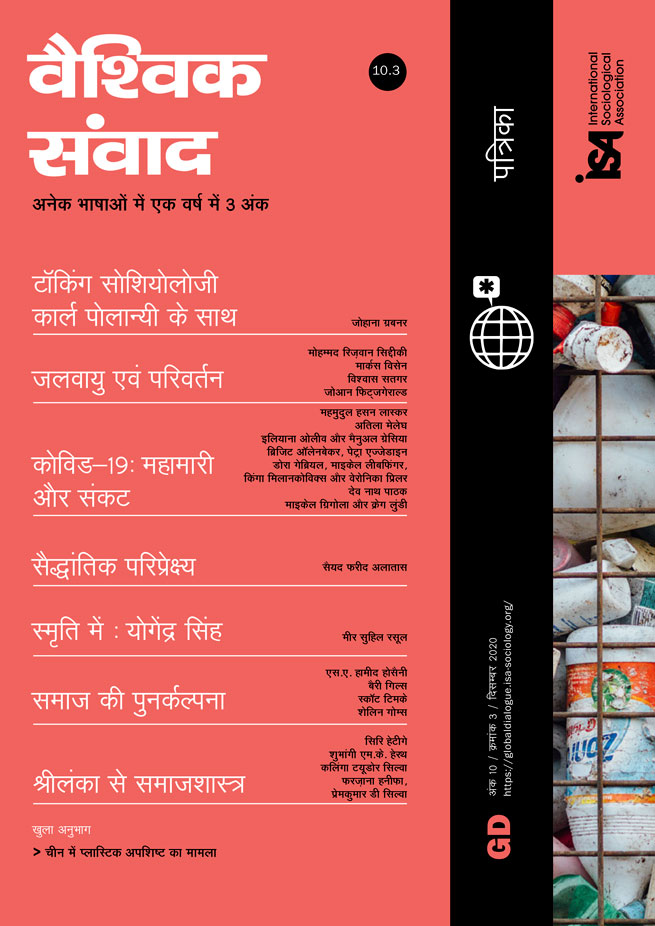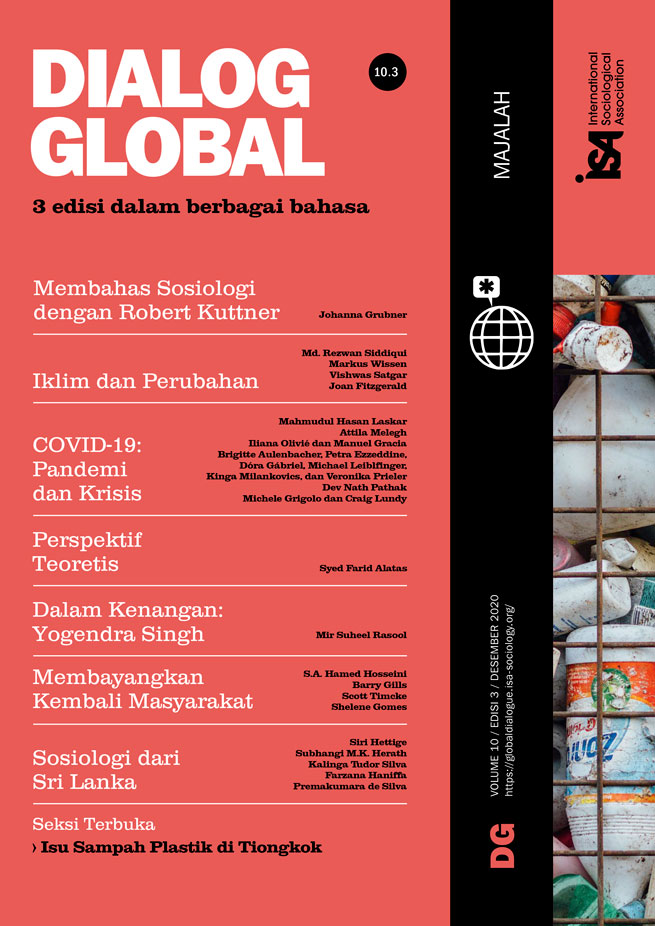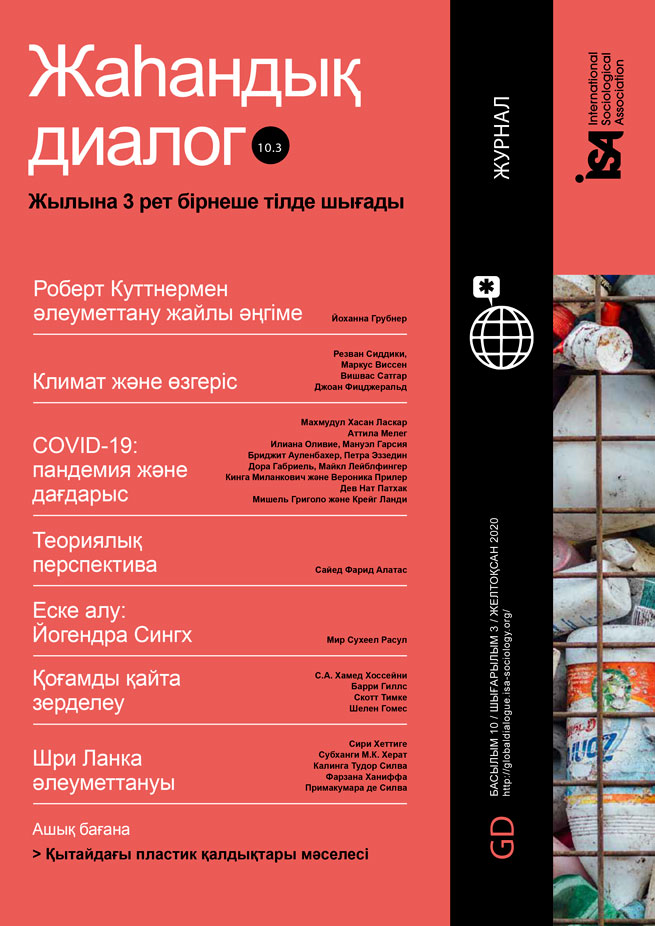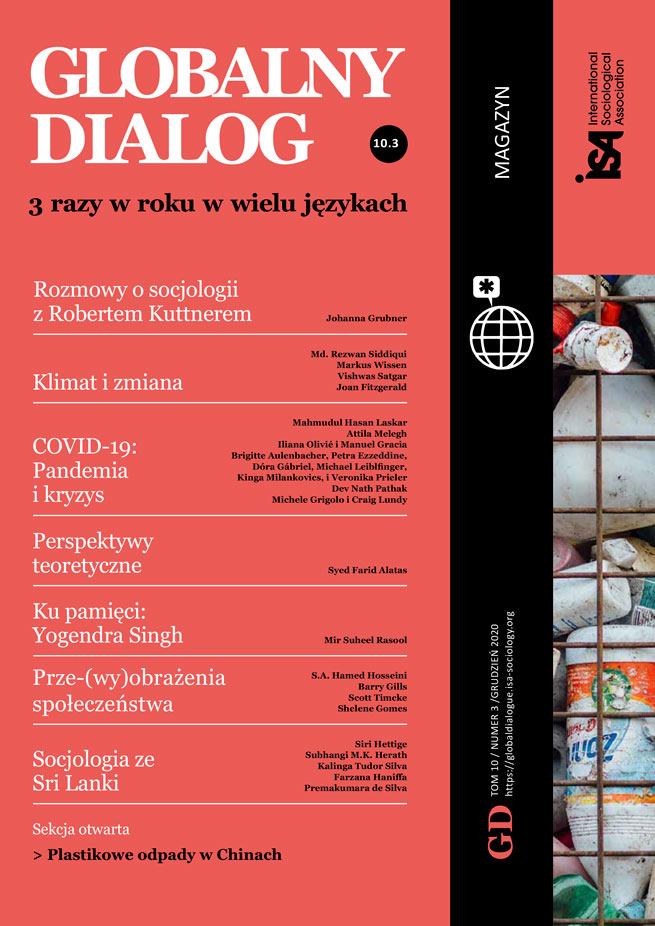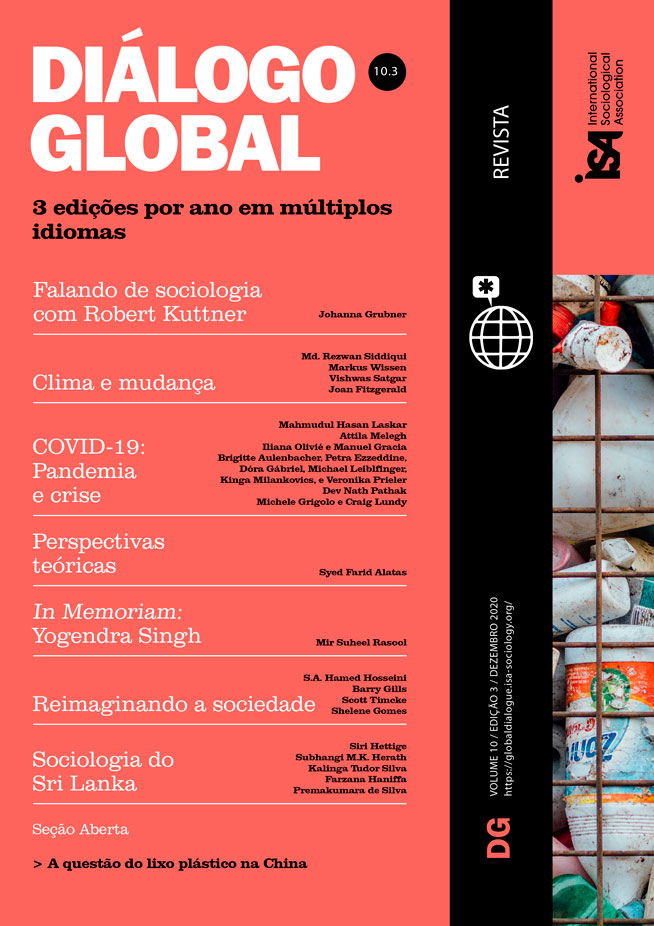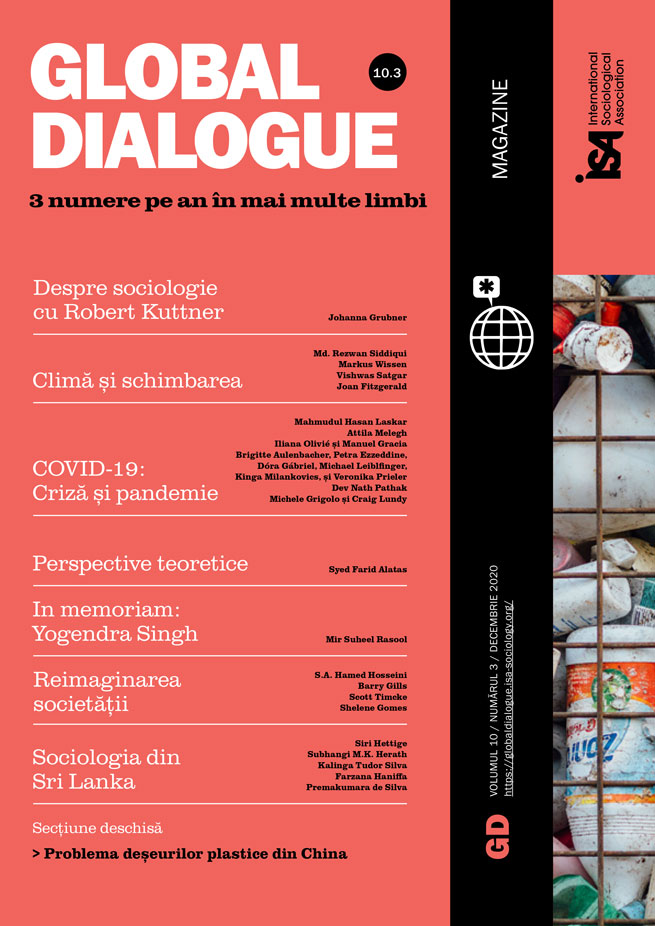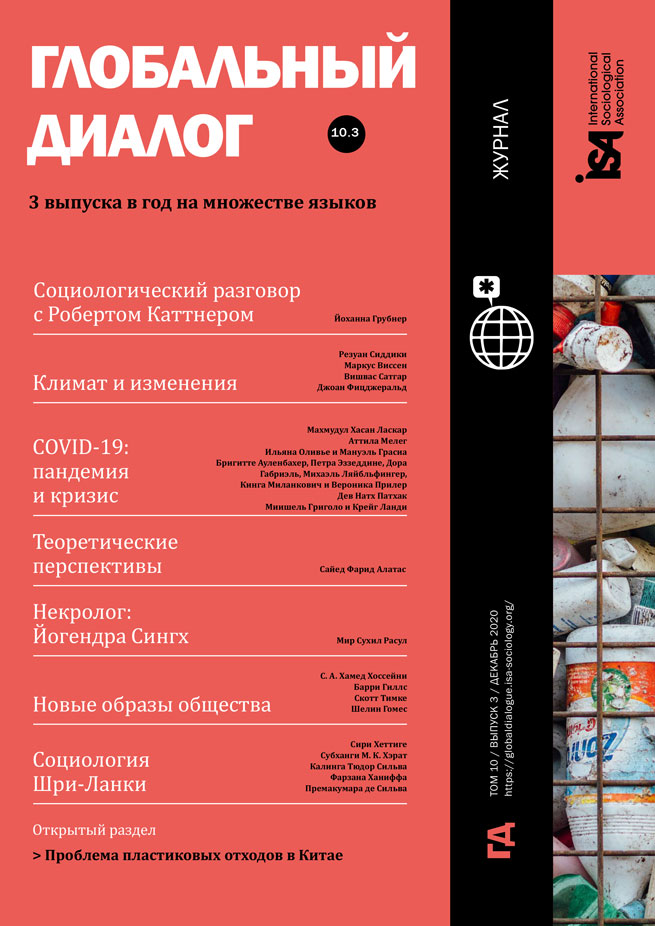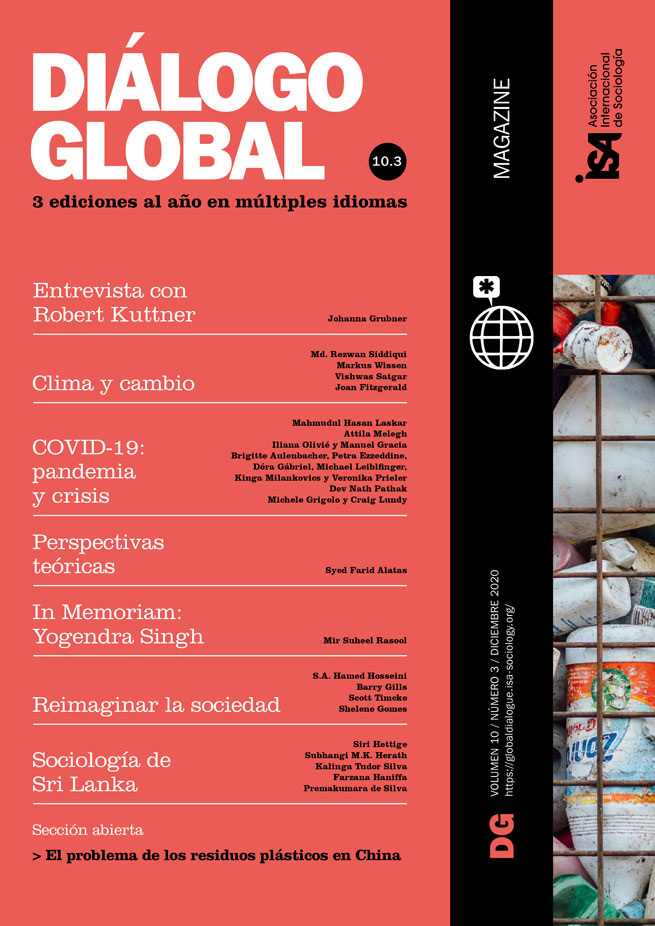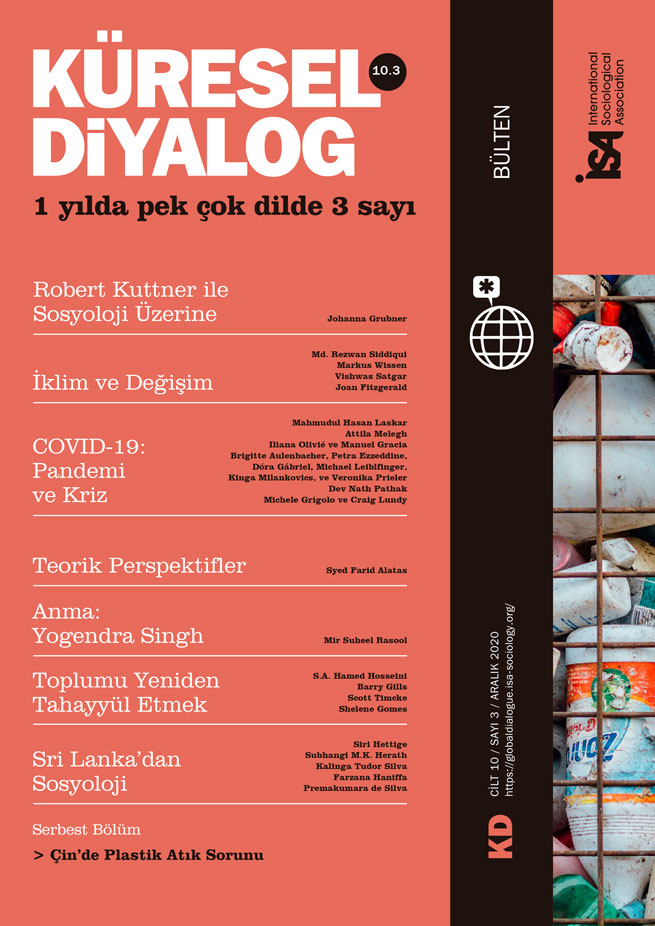These are difficult times that interrogate public sociology in many ways. The spread of COVID-19 has magnified disparities and inequalities within societies. It has emphasized the role of the public over private interests, and yet the logic of profit that has penetrated deeply into different areas of social life, including education, is reasserting itself as the pandemic is being, so we are told, kept under control. We would like to report here on the experience of public sociology at Nottingham Trent University (NTU), in the UK, and in particular our MA program that has public sociology at its core. We offer this in the hope of eliciting a collective reflection on public sociology under the pandemic, and as an opportunity for those interested in public sociology to come together and develop further links and collaboration.
To start with, we want to clarify what we mean by “public sociology.” In his influential ASA Presidential Address of 2005, Michael Burawoy understood “public sociology” as a dialogue between sociologists and their publics towards producing a shared agenda. We would agree. However, in our view the students on our sociology programs are not merely our “first publics” – they are public sociologists in their own right. As such they are not just the recipients of pedagogy, but co-producers of knowledge and active community practitioners from the outset. As this indicates, our approach to public sociology here at NTU has revolved around what we like to refer to as the recursive relationship between pedagogy, research, and practice. Like stars in a Zodiac constellation, each of these elements relies on the others for meaning, support, and enrichment. While not every public sociology activity needs to explicitly involve all three points of the triangle, many do, and all contribute in some way to strengthening the bonds between them.
This approach has guided the content and organization of our MA Sociology program. Our modules discuss different aspects of public sociology, from theory to methodology and practical approaches. In our Service Learning module, students collaborate with local not-for-profit organizations, constructing a specific project that draws on the students’ capacities to address a need or desire of the organization. All this is about “learning with” as opposed to “learning from,” and becoming part of a process with an understanding that processes make a difference when it comes to knowledge and change. Building on this collaboration, students can produce a report for their partner organization, or if they prefer, write an article for an academic journal – two alternatives to the conventional dissertation thesis that aim, in their different ways, to promote the students’ contribution to public sociology at the earliest opportunity.
Although the members of our team share much in common with one another – such as a commitment to social justice and the value of the “recursive” approach to public sociology just outlined – it should be stressed that there is no shortage of divergences and discrepancies amongst us in our various pursuits of public sociology. Additionally, the lived reality of public sociology at NTU continues to evolve, as we learn from others and grow as people and a collective. We take these two facets to be virtues. They also help explain why public sociology for us is more exactly a “critical public sociology,” insofar as this added term suggests a willingness to encourage critical reflection and practice amongst participants.
Aside from our MA program this working through of critical public sociology has been pursued through a number of other avenues. In 2017 we hosted an eponymous symposium on critical public sociology at NTU, funded by the British Sociological Association, and in 2019 we published research on our pedagogy in the Journal of Higher Education Outreach and Engagement ( “Evaluating the Complexity of Service-Learning Practices: Lessons From and For Complex Systems Theory” by Burton, Hutchings, Lundy and Lyons-Lewis). Some members of our team have employed participatory action research to explore empirical questions of work and employment with voluntary sector organizations, and new trajectories are currently being developed, for example around human rights in Nottingham. Throughout these activities, academic staff, students, and community partners have been involved, working together for mutual benefit.
The current pandemic has forced us to reconsider our engagement with critical public sociology. We are starting from questions such as: How is this pandemic magnifying existing inequalities? What measures to control the pandemic are needed and justifiable? How do we continue to do our work under the current circumstances? Should our work change its direction and content? For us, any answers to these questions should continue to involve pedagogy, research, and practice. At the moment of writing this contribution (May 2020), the UK government has begun to relax the “lockdown.” A conversation has started with our community partners about how COVID-19 has impacted them and vulnerable communities in Nottingham. Looking ahead, our thoughts are preoccupied by how public sociology might best respond to this pandemic, in a way that protects the vulnerable and empowers community action. As the higher education sector faces massive funding cuts, on top of those already suffered, we wonder how this moment of profound uncertainty and instability might offer opportunities for resisting the logic of profit that dominates the UK education system and reframing what education means and does in society.
Eventually, we want to come out of this pandemic with a stronger sense of being part of a bigger community. Against the fear and isolation produced by the current lockdown, we think it is important, as critical public sociologists, to reassert the centrality of society and the social for rebuilding human relations. It is not about going back to normal because, as some have already rightly pointed out, that normality is also part of the problem. Rather, it is about moving forward to a better place. Sociology and public sociology should help with that, in a critical way, we think. For all these reasons, we want to hear more from other scholars and students of public sociology about their work and their thoughts, with the hope of forging connections between us that value and seek to promote the place of public sociology. Please contact us if you are interested in participating in this conversation.
Michele Grigolo, Nottingham Trent University, UK <michele.grigolo@ntu.ac.uk>
Craig Lundy, Nottingham Trent University, UK <craig.lundy@ntu.ac.uk>
